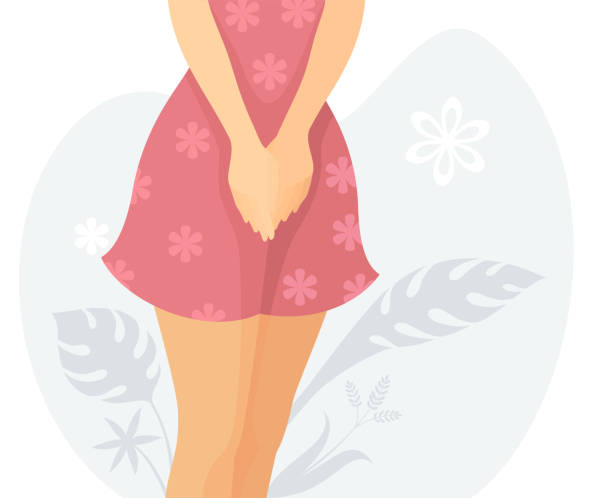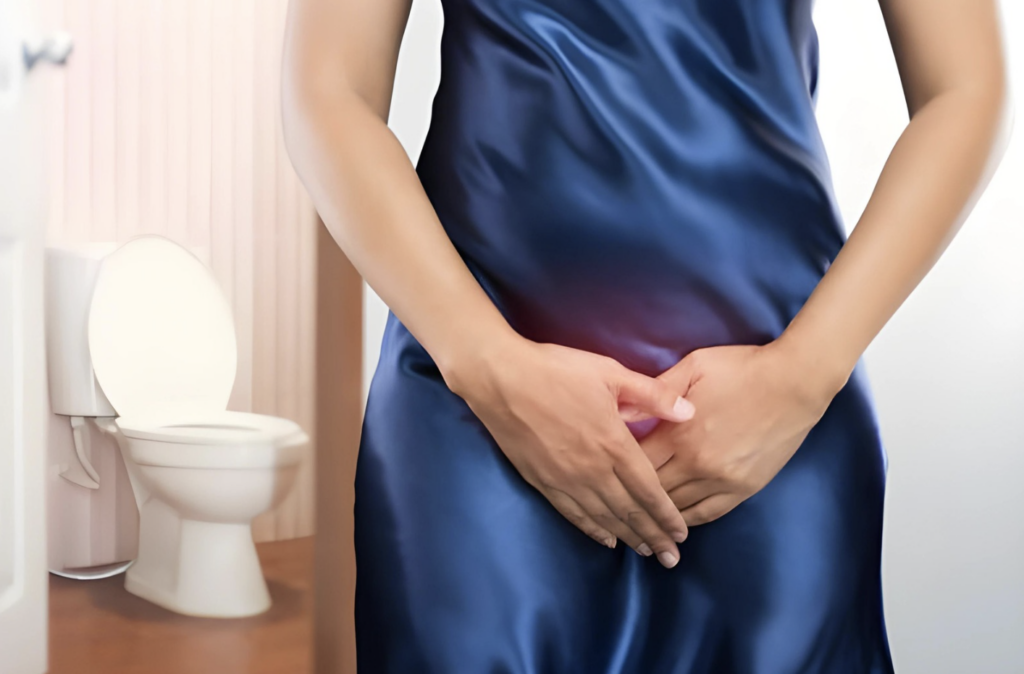Alternative Treatments
Say Goodbye to Urinary Incontinence with Natural Treatments
Do you have urinary incontinence and wish to try natural treatments before seeking medical treatment? You have arrived to the correct location! In this article, we will explore how to naturally treat urinary incontinence and regain bladder control.
Urinary incontinence is a distressing and embarrassing disorder that affects people of all ages. Whether you have occasional leaks or more frequent accidents, finding a solution that does not require medicine or surgery is often preferable. Fortunately, there are various natural treatments that can help relieve the symptoms of urinary incontinence and enhance your quality of life.
What is Urinary Incontinence?
Urinary incontinence is the involuntary spilling of urine. It can happen when the muscles that govern the flow of urine, such as the pelvic floor muscles, become weaker or injured. Urinary incontinence can be classified into four categories: stress, urge, overflow, and functional. Understanding the type of incontinence you’re dealing with is critical in selecting the most effective natural therapies.
Causes and Types of Urinary Incontinence
Pregnancy and delivery, menopause, obesity, certain drugs, urinary tract infections, and neurological diseases are all potential causes of urine incontinence. The most prevalent type is stress incontinence, which happens when there is pressure on the bladder, such as while coughing, sneezing, or engaging in physical exercise. Urge incontinence, on the other hand, is defined by a sudden and urgent urge to urinate, which typically results in leakage. Overflow incontinence occurs when the bladder does not fully empty, allowing it to overflow. Functional incontinence occurs when physical or cognitive problems make it difficult to use the restroom in time.

Natural Treatments for Urinary Incontinence
While conventional therapies such as medication or surgery are available to cure urinary incontinence, many people prefer to first try natural treatments. These treatments not only alleviate symptoms, but also address the root causes of urinary incontinence. Let’s look at some excellent natural solutions.
Lifestyle Changes to Manage Urinary Incontinence
Certain lifestyle adjustments can help manage urinary incontinence. One critical step is to maintain a healthy weight, as excess weight can place additional strain on the bladder and pelvic floor muscles. Quitting smoking is also recommended because it can irritate the bladder and exacerbate incontinence symptoms. Avoiding or minimizing bladder irritants such as caffeine, alcohol, and spicy meals can assist to lessen urine urgency and frequency. Furthermore, proper toilet habits, such as thoroughly emptying your bladder and taking regular restroom breaks, might help prevent accidents.
Exercises for Strengthening the Pelvic Floor Muscles
Pelvic floor exercises, commonly known as Kegel exercises, are a good approach to strengthen the muscles that support the bladder and regulate urine flow. These exercises involve contracting and relaxing the pelvic floor muscles and can be done anywhere, at any time. To conduct Kegel exercises, find the muscles that halt the passage of urine and squeeze them for a few seconds before releasing. Gradually increase the duration and number of repetitions as your muscles strengthen. Regular pelvic floor exercises can help improve bladder control and alleviate urinary incontinence symptoms.

Dietary Changes to Improve Urinary Incontinence
In addition to lifestyle improvements, some food adjustments can aid with urinary incontinence. Drinking enough of water throughout the day helps to keep you hydrated and prevent bladder inflammation.
However, in order to limit the frequency of nightly bathroom visits, excessive fluid intake should be avoided, particularly before bedtime. Including fiber-rich foods in your diet can help avoid constipation, which can lead to urinary incontinence.
Furthermore, some research suggests that specific foods, such as cranberries and probiotics, may improve bladder health and lower the risk of urinary tract infections, which can exacerbate incontinence symptoms.
Herbal Remedies for Urinary Incontinence
Herbal medicines have long been used to promote bladder health and treat urinary incontinence. Saw palmetto, a herb frequently used to treat prostate problems, may also help women with urinary incontinence by increasing bladder control.
Horsetail, another plant with diuretic characteristics, can help flush out toxins and minimize water retention, potentially alleviating urinary incontinence symptoms. However, before utilizing any herbal medicines, consult with a healthcare practitioner to establish their safety and efficacy for your particular ailment.
Alternative Therapies for Managing Urinary Incontinence
In addition to exercise and dietary changes, alternative therapies can help manage urinary incontinence. Acupuncture, for example, has been demonstrated to improve bladder control while decreasing urine frequency. Physical treatment techniques such as biofeedback and electrical stimulation can assist to strengthen the pelvic floor muscles and improve bladder function.
Furthermore, mindfulness activities such as yoga and meditation can help to reduce stress and worry, both of which are significant causes of urinary incontinence episodes.

When to Seek Medical Help for Urinary Incontinence
While natural treatments can be beneficial in treating urinary incontinence, there are some cases where medical intervention is required. If your symptoms increase or have a substantial impact on your everyday life, you should visit a healthcare expert. They can assist in determining the underlying cause of your incontinence and recommending appropriate treatment choices.
Medications, medical devices, or surgical treatments may be used to treat incontinence, depending on the severity and kind.
Conclusion
Urinary incontinence is a common ailment that can have a big influence on your quality of life. Taking a holistic approach and adding natural treatments into your routine will help you manage urinary incontinence and regain bladder control.
There are numerous techniques to consider, including lifestyle adjustments and exercise, as well as dietary changes and herbal treatments. Remember to contact with a healthcare practitioner before beginning any new treatments, and be patient because results may take time to show. With effort and perseverance, you can overcome urinary incontinence naturally and live a life free of its restrictions.
So, why wait? Start using these natural treatments immediately and say goodbye to urinary incontinence for good!
Trusted Health, Wellness, and Medical advice for your well-being


